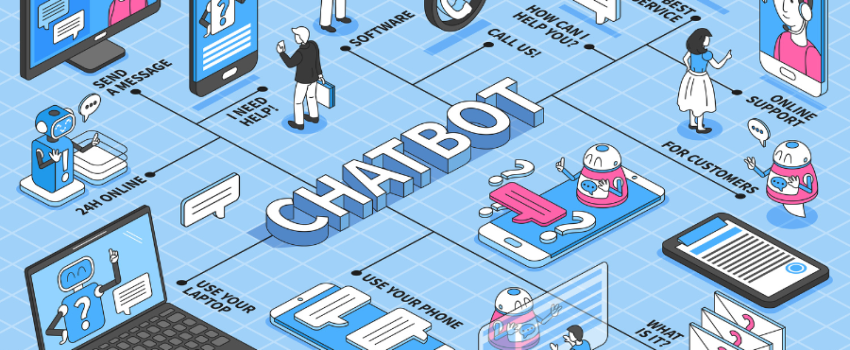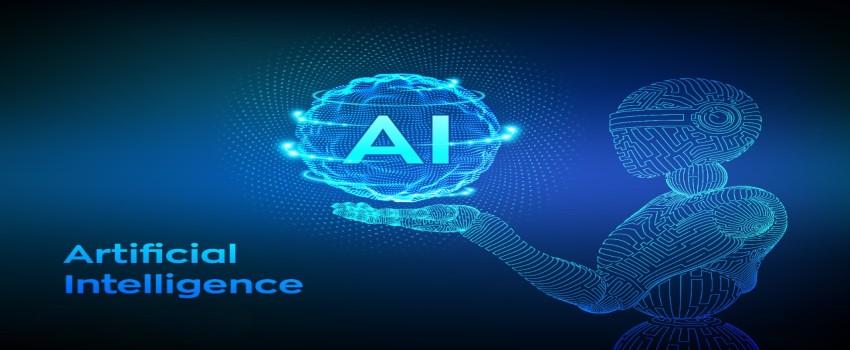Open Chat Development: The Future of Communication

Open Chat Development refers to the process of creating and implementing chatbots using open-source technologies and platforms. It involves utilizing freely available resources, tools, and frameworks to build chatbots that can understand and respond to user queries in a conversational manner. This approach offers several advantages, such as flexibility, community collaboration, and cost-effectiveness.
Chatbot Development:
Chatbot development is the process of designing and building conversational agents that can interact with users in a human-like manner. Traditionally, developing chatbots required extensive programming skills and expertise in natural language processing (NLP) algorithms. However, with the emergence of open-source chatbot development platforms, the barrier to entry has significantly lowered.
Chatbot Programming:
Chatbot programming involves writing code to enable chatbots to perform specific tasks and understand user inputs. It encompasses various aspects, including NLP algorithms, machine learning models, and integration with external systems or APIs. Open-source chatbot development platforms provide developers with pre-built libraries and frameworks, simplifying the programming process and allowing them to focus more on the bot's functionality and user experience.
Open Source Chatbot:
An open-source chatbot refers to a chatbot whose underlying source code is freely available to the public. Open-source chatbots provide developers with the ability to access, modify, and customize the code according to their specific requirements. This level of openness fosters collaboration among developers, enabling them to contribute enhancements, fix bugs, and share knowledge within the community.
Open Source Chatbot Platforms:
Open-source chatbot platforms provide a comprehensive ecosystem for building and deploying chatbots. These platforms offer a range of features and tools that simplify the development process, such as pre-built NLP models, dialogue management systems, and integration capabilities with popular messaging channels.
How Does Open Chat Development Work?
Open Chat Development typically involves the following steps:
Planning: Define the purpose, scope, and functionality of the chatbot. Determine the target audience and their needs to shape the chatbot's design.
Design: Create conversational flows, user interfaces, and user experiences for the chatbot. Decide on the dialogue structure and identify potential integration points with external systems.
Development: Utilize open-source chatbot platforms and programming languages to implement the chatbot's functionality. Leverage pre-built libraries and frameworks to accelerate development.
Training: Train the chatbot using relevant datasets and machine learning algorithms to improve its language understanding and response generation capabilities. Fine-tune the models based on user feedback and real-world usage.
Testing: Thoroughly test the chatbot to ensure it performs as intended. Conduct both functional and user experience testing to identify and resolve any issues or bugs.
Deployment: Deploy the chatbot on preferred messaging channels or platforms, making it accessible to users. Monitor its performance and gather feedback for continuous improvement.
Iteration and Enhancement: Collect user feedback and analytics to iteratively improve the chatbot's performance and address any limitations or shortcomings. Continuously update and enhance the chatbot's functionality to meet evolving user needs.
Benefits of Open Chat Development for Businesses
Open Chat Development, utilizing open-source bot frameworks and conversational UI platforms, offers numerous benefits for businesses, particularly in the realm of customer service and engagement. By leveraging these technologies, businesses can enhance their customer interactions, streamline operations, and provide a more personalized and efficient service. Let's explore some of the key benefits:
Cost-Effectiveness: Open-source bot frameworks and conversational UI platforms eliminate the need for businesses to invest in expensive proprietary software or custom development from scratch. The availability of free and open-source tools significantly reduces development costs, making chatbot implementation more accessible to businesses of all sizes.
Flexibility and Customization: Open chat development provides businesses with the flexibility to customize and tailor chatbots according to their specific requirements. Open-source frameworks offer modular architectures and extensible APIs, allowing developers to integrate with existing systems and customize the chatbot's behavior, appearance, and functionality to align with the brand's voice and objectives.
Community Collaboration: Open-source chatbot development fosters collaboration within the developer community. Businesses can leverage the collective knowledge and expertise of developers worldwide, benefiting from their contributions, updates, and bug fixes. The collaborative nature of open-source development ensures continuous improvement and innovation in chatbot technology.
Rapid Development: Open-source chatbot platforms provide pre-built components, libraries, and tools that accelerate the development process. Developers can leverage these resources to quickly build and deploy chatbots, reducing time to market. The availability of reusable code and established best practices further streamlines development, enabling businesses to iterate and enhance their chatbots more efficiently.
Automated Customer Service: Open chat development empowers businesses to automate their customer service processes. Chatbots can handle frequently asked questions, provide instant responses, and guide users through various support scenarios. This automation reduces the workload on human agents, enabling them to focus on more complex tasks, while customers receive timely and consistent support around the clock.
Conclusion: Open Chat Development leverages open-source technologies and platforms to build chatbots. It offers flexibility, community collaboration, and cost-effectiveness, enabling developers to create powerful conversational agents that can enhance user experiences across various domains.
Related to this
Let's Discuss Your Project










